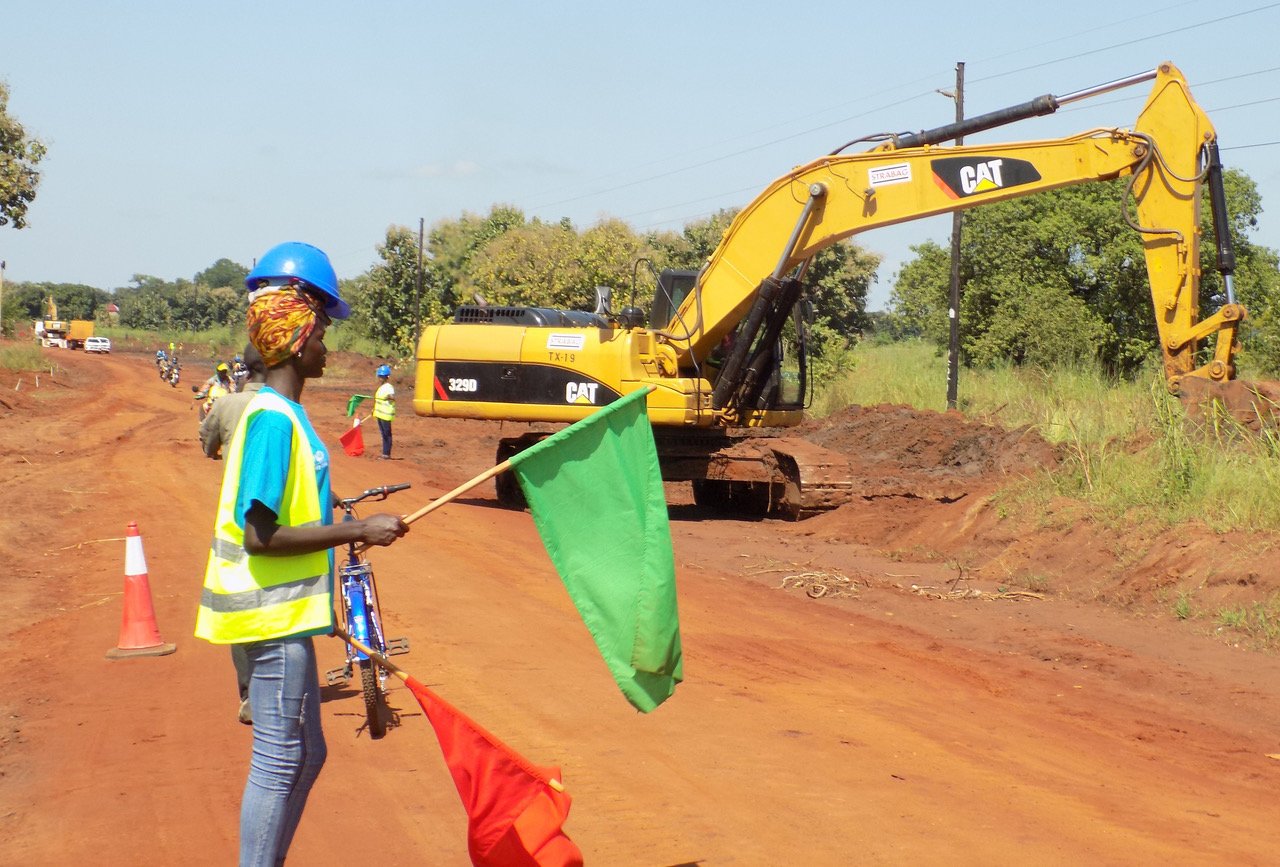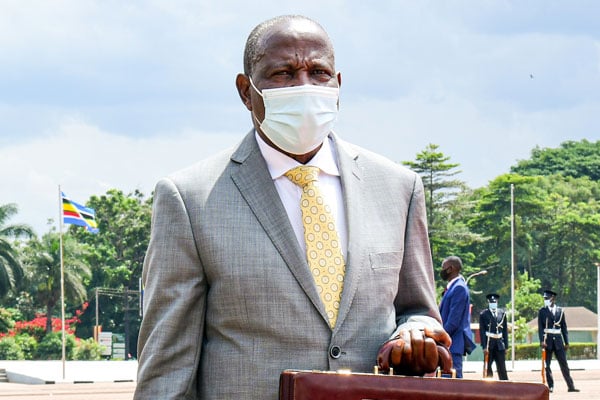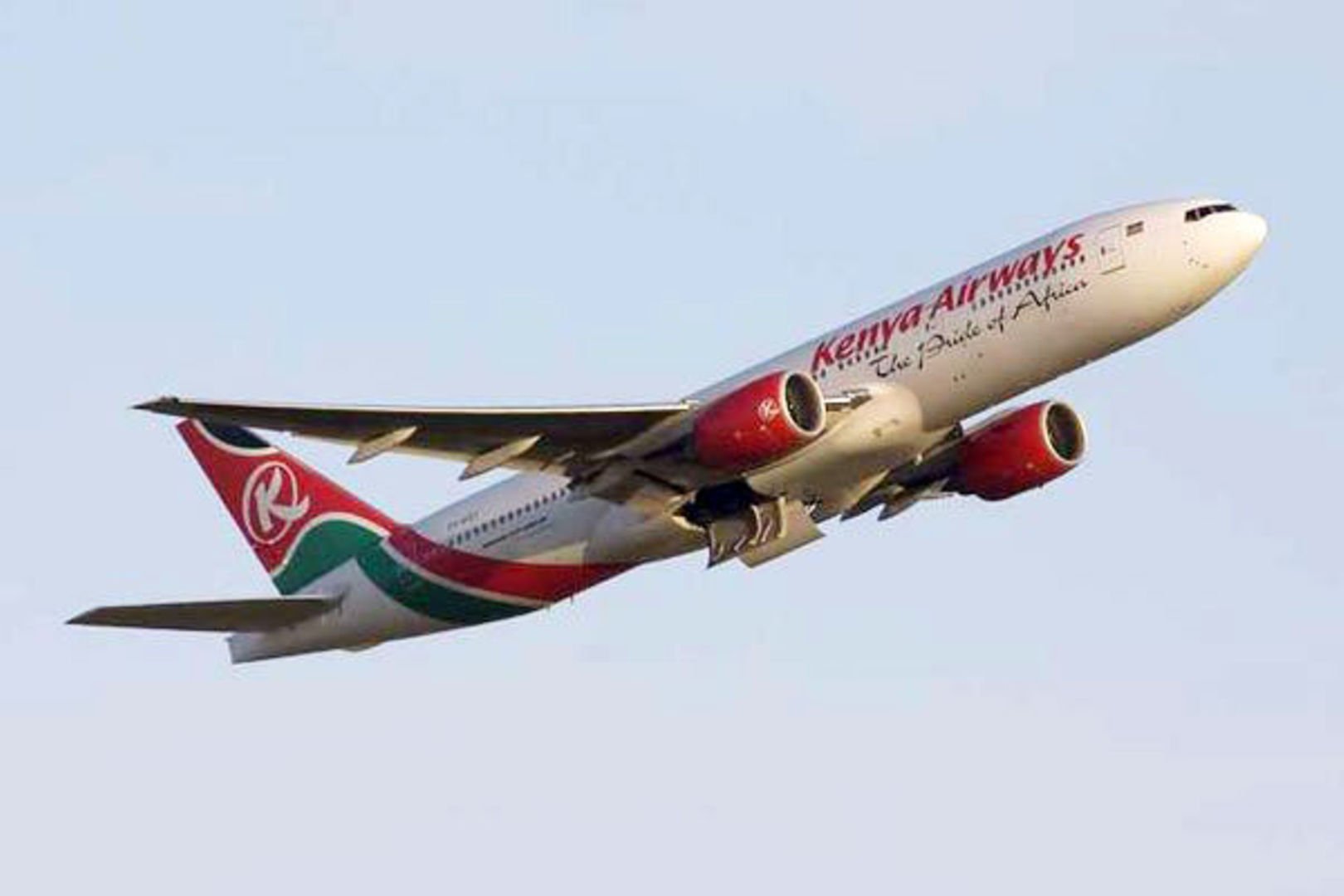Prime
Ugandans outline their expectations

A worker controls traffic at a section of Atiak-Laropi Road under construction in northern Uganda in 2020. Many Ugandans say the Budget should focus on improving the road network. Photo/File
What you need to know:
- Many Ugandans say they want the cost of fuel and taxes, among others, lowered in the new Budget.
Ugandans across the country hope the Financial Year 2023/2024 Budget will increase spending on infrastructure, agriculture and lower costs of electricity in order to accelerate economic growth.
Ms Jennifer Abiko, a resident of Arua Town, said there should be the inclusion of Nebbi-Goli-Paidha road and Koboko-Yumbe road for tarmacking.
“We have been paying taxes for all these years. But if you look at most roads, they are not tarmacked and are in a sorry state,” she said.
Mr Abiko said the poor state of roads has discouraged investors and slowed down transportation of goods from farms to the markets.
Mr Christopher Opio, a resident of Nebbi Town, said the issue of inadequate power for industrialisation should be included in the Budget.
Mr Opio said there are rural districts that are without district hospitals because of lack of funds.
In Kakumiro, Mr Gerald Kakooza, the director of Rural Agro-Processors firm that deals in maize processing in Kakumiro District, wants the government to lower the cost of electricity and fuel.
‘‘The government has always urged us to venture into value addition in agriculture, but the cost of electricity and fuel sometimes keeps us out of business,’’ Mr Kakooza, said.
Mr Bosco Akora, a local farmer in Kyebando Sub-county, Kibaale District, said taxes on agriculture inputs like pesticides and other chemicals should be reduced.
Ms Grace Tusingwire, another local farmer in Kakumiro District, said the government should inject more money in the Parish Development Model (PDM) programme so that small scale businesspeople can get affordable funds.
In Mbarara, Mr Amos Katureeba, a resident of Mbarara City, said the road fund per district should be increased to at least Shs1b.
“If this is realised, we hope it will steer development of our areas,” he said.
Mr Stanley Katembeya, the Forum for Democratic Change (FDC) party chairperson for southwestern region, said as a party, they do not expect much from the Budget.
“They [government officials] do not care for a common man and that Budget will favour State House,” he said.
Mr Apollo Lee Kakonge, a resident of Bushenyi, said the Budget should focus on addressing the growing food insecurity in the country.
In Soroti, Mr Benson Ekwee, the executive director of Public Affairs Uganda, said the cost of living should be brought to a moderate level and the expenditure on administration lowered.
Mr William Okiror, a primary school teacher in Soroti District, said the Budget should address the challenge of weather vagaries.
“When the prices of goods go up, it means majority of us who rely heavily on farming have to sell a lot to buy basic things like soap,” he said.
In Mbale, Mr Robert Wandwasi, a resident and a businessman, said the government should inject more money in the construction of factories to create jobs.
Mr Ramathan Magambo, a resident of Mbale City, said the government should also increase money allocation to poverty alleviation programmes such PDM and Emyooga.
Ms Naigaga also wants the power tariffs reduced so that prices of some foodstuff like posho and rice can go down.
Mr Nelson Balabyeki, the director of Jinja Comprehensive Secondary School in Jinja North Division, said the government should reduce taxes on private schools because they are worsening the country’s illiteracy levels.
Mr Andrew Kaidha, a resident in Njeru and a businessman who deals in food produce, said food prices have remained higher in the villages than in the urban centres.
Mr Kaidha said the President should address the issue of fuel prices, which he attributed to the high prices of goods.
In the central region, where the majority of the population are in the farming sector, a section of residents say the taxes on agricultural inputs, including fertilisers, may affect the farming sector.
In Luweero District, some farmers said the failure by the government to tame the high taxes imposed on some of the agricultural inputs, including fertilisers and acaricides, greatly impacts on the farmers’ output.
Mr Emmanuel Ssebulime, a tomato farmer, said the National Budget should address the needs of the common man.
“We are charged highly on the fertilisers and the pesticides. Our constant appeals for government intervention have gone unheard in the past years,” he said.
In Kalangala District, a section of farmers also said they want the government to check the high taxes on agricultural inputs and check the adulterated farm inputs.
Mr Godfrey Ssenyonga Kambugu, the chairperson of the Association of Fisheries and Lake Users of Uganda, expects taxes on the fishing gear to be lowered.
“If government wants to check the illegal fishing activity, fishing communities should access better fishing gear at affordable prices,” he said.
Ms Milly Nakayi, a retail shop owner in Kavule Village in Mukono Central Division, said the government should consider reducing taxes on commodities like rice, maize flour, beans and sugar.
The Kisoro District ruling National Resistance movement (NRM) party vice chairperson, Mr Ramandhan Ndikuyeze, said the Budget should focus on improving the road network.
Ms DianaTumuranze, a grocery operator in Kanungu Town Council, Kanungu District, hopes government can subsidise fuel costs.
Mr Nelson Natukunda, the Kihihi Sub-county chairperson, said more tourism roads should be worked in the coming Budget.
Mr Richard Muhanguzi, the FDC party general secretary for Kabale District, said he expects government to deliver a plan on creating jobs for the graduating youth.
Compiled by Fred Wambede, Alex Tumuhimbise, Warom Okello, Felix Ainebyoona, Simon Peter Emwamu, Tausi Nakato, Denis Edema, Abubaker Kirunda, Dan Wandera, Diphus Kiguli, David Ssekayinga, Robert Muhereza, Julius Hafasha & Naume Biira




